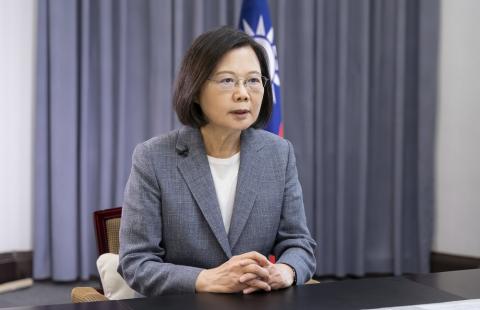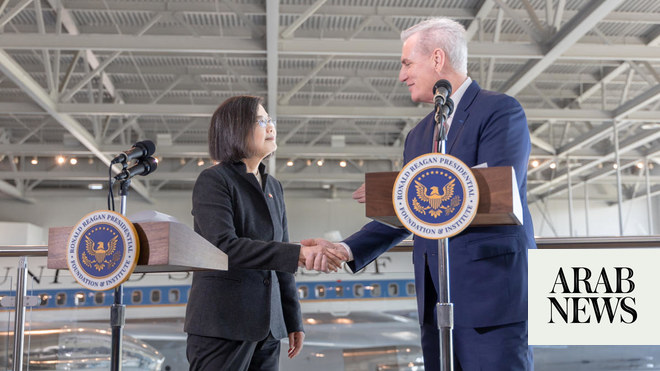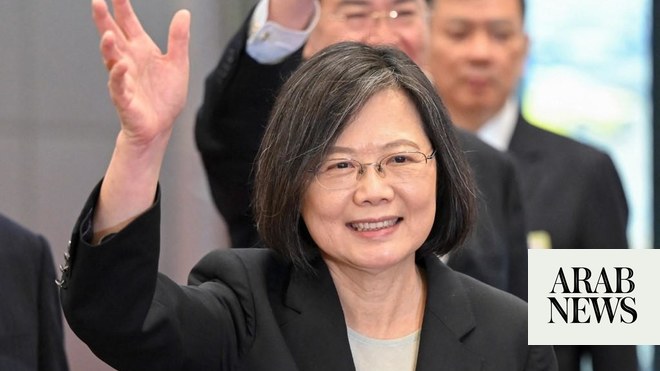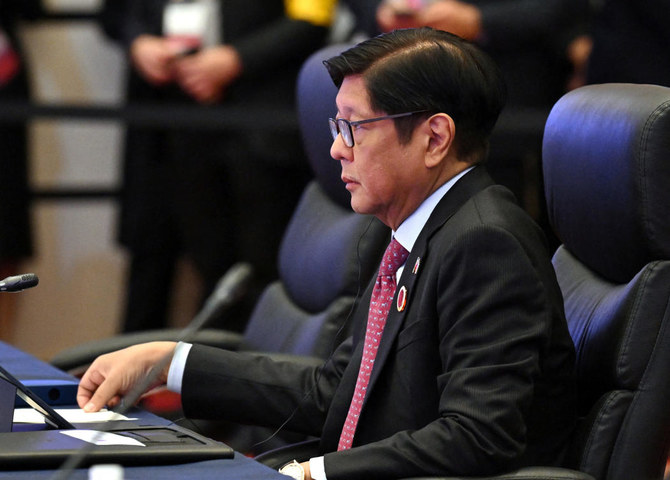
China said on Wednesday that President Tsai Ing-wen was pushing Taiwan into "stormy seas" after Beijing held military exercises in response to Tsai's recent meeting with US House Speaker Kevin McCarthy in California.
Tsai said the overseas trip, which included the meeting with McCarthy in the US and stops in Guatemala and Belize, showed the world Taiwan's determination to defend freedom and democracy.
The trip infuriated Beijing, prompting days of military drills designed to show it could forcefully retake control of the self-ruled island, which China claims as its own.
Beijing is also planning to impose a no-fly zone north of Taiwan from April 16 to 18, four sources with knowledge of the matter told Reuters, which could disrupt flights around the region.
Speaking on condition of anonymity, two of the sources - officials from outside China - said the ban would disrupt Taiwan's northern flight information region (FIR) and that the reason for the restrictions was unclear.
One senior official with direct knowledge of the matter said the flight ban would affect 60%-70% of flights between Northeast Asia and Southeast Asia, as well as flights between Taiwan and South Korea, Japan and North America.
Taiwan's defense ministry said Wednesday that it was "still making checks" on the no-fly zone, which "could involve space activities including satellite launches".
China views Tsai as a separatist and has rebuffed repeated calls from her for talks. Tsai says she wants peace but that her government will defend Taiwan if it is attacked.
"Tsai Ing-wen brought danger to Taiwan. Tsai Ing-wen almost completely sided the United States, pushing Taiwan into stormy seas," China's Taiwan Affairs Office (TAO) spokesperson Zhu Fenglian said on Wednesday.
Zhu said the drills around Taiwan were "a serious warning against the collusion and provocation of Taiwan independence separatist forces and external forces".
Tsai, who returned to Taiwan a day before the drills began, said the trip had been a success in winning support against an aggressor that was threatening the island's freedom.
"Through this trip we again sent a message to the international community that Taiwan is determined to safeguard freedom and democracy which won acknowledgment and support from our democratic partners," Tsai said as she met Canadian lawmakers at her office in Taipei.
"Faced with continued authoritarian expansionism it is even more critical for democracies to actively unite," she added. "Canada is a very important democratic partner. We are willing to do our utmost to jointly safeguard the values of freedom and democracy with Canada and many more like-minded international partners."
Despite the tensions with China, Tsai looked relaxed as she greeted the 10 Canadian legislators, even cracking a joke.
Beijing has continued military activities around Taiwan, despite announcing the three days of drills had ended as scheduled on Monday.
The ministry said earlier on Wednesday that in the previous 24 hours it had detected 35 Chinese military aircraft and eight navy vessels around Taiwan.
Of those aircraft, 14 had crossed the median line of the Taiwan Strait, according to a ministry-provided map; the line normally serves as an unofficial barrier between the two sides.
The aircraft crossing the median line included five Su-30 fighters at its northern end, with the other planes crossing at points in the center and south.
Although Chinese fighters previously only occasionally crossed the median line, the country's air force has done so regularly since staging war games near Taiwan in August, after a visit to Taipei of then-US House Speaker Nancy Pelosi.
China says it does not recognize the existence of the line.
Taiwan's government strongly rejects China's sovereignty claims and says only Taiwan's people can decide their future.












